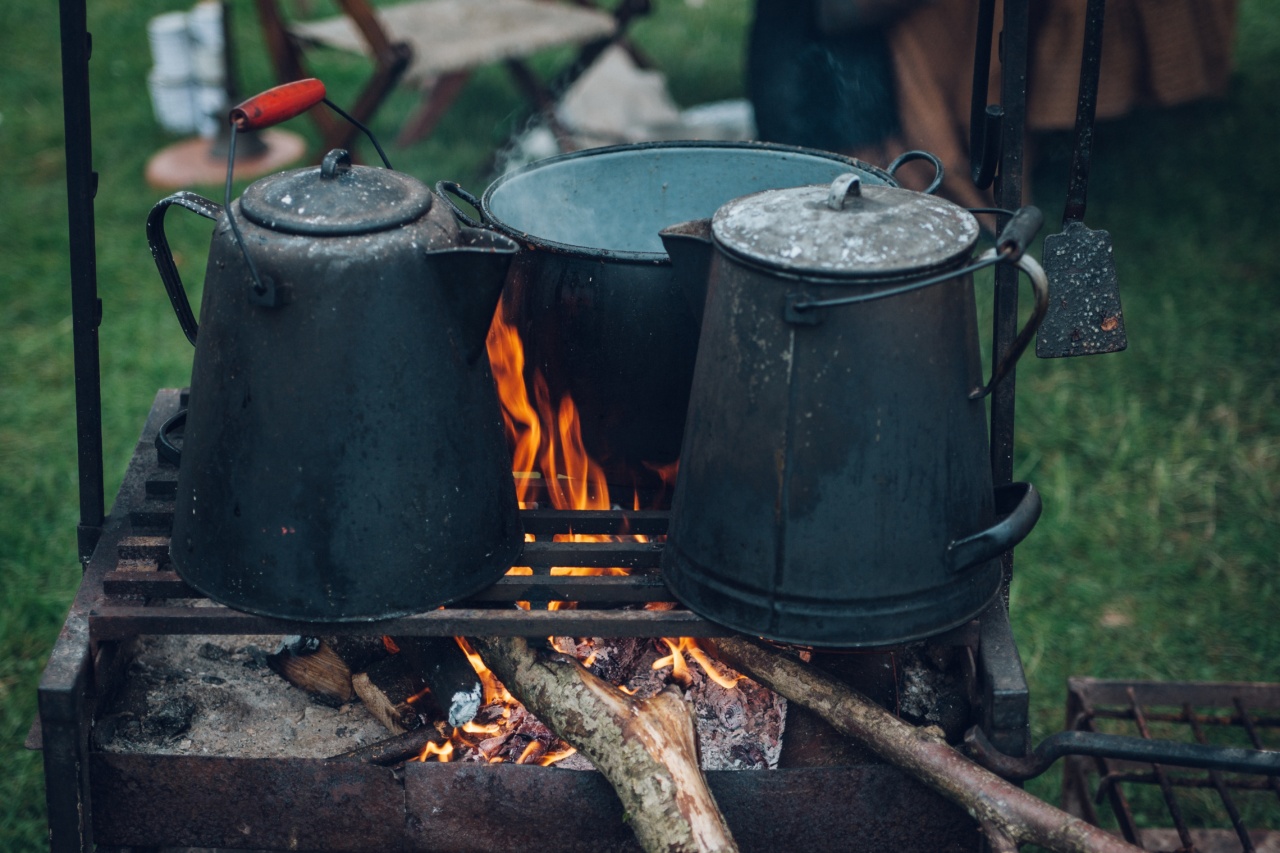Prostate cancer is one of the most common types of cancer that affects males. While the exact causes for prostate cancer are still unknown, research has found that certain foods may increase the risk of developing this cancer.
In this article, we will discuss some of the foods that fuel the fire of prostate cancer.
Red Meat
Red meat, particularly beef, is high in saturated fat, which has been linked to prostate cancer. Additionally, when meat is cooked at high temperatures, it can produce carcinogens that may increase the risk of developing cancer.
A study published in the International Journal of Cancer found that men who ate more than 2.5 servings of red meat per week had an increased risk of developing aggressive prostate cancer.
Dairy Products
Dairy products, such as milk, cheese, and yogurt, contain high levels of calcium. While calcium is important for building strong bones, too much calcium can increase the risk of developing prostate cancer.
A study published in the Journal of the National Cancer Institute found that men who consumed a lot of calcium had a higher risk of developing advanced prostate cancer.
Fried Foods
Fried foods, such as fried chicken and french fries, are high in unhealthy fats and calories. When foods are fried at high temperatures, they can produce harmful chemicals that may increase the risk of developing cancer.
A study published in the Journal of the National Cancer Institute found that men who ate a lot of fried foods had an increased risk of developing prostate cancer.
Sugar
Sugar is a major contributor to obesity, which is a risk factor for prostate cancer. Additionally, sugar can cause inflammation in the body, which may increase the risk of developing cancer.
A study published in Cancer Epidemiology, Biomarkers & Prevention found that men who consumed high levels of sugar-sweetened beverages had an increased risk of developing prostate cancer.
Processed Foods
Processed foods, such as deli meats and packaged snacks, contain high levels of salt, preservatives, and artificial ingredients. These additives can be harmful to the body and may increase the risk of developing cancer.
A study published in the Journal of the National Cancer Institute found that men who ate a lot of processed foods had an increased risk of developing prostate cancer.
Alcohol
Alcohol consumption has been linked to an increased risk of developing many types of cancer, including prostate cancer.
A study published in the American Journal of Epidemiology found that men who drank more than three alcoholic beverages per week had an increased risk of developing prostate cancer.
Soy Products
Soy products, such as soy milk and tofu, contain high levels of phytoestrogens. Phytoestrogens are plant-based compounds that mimic the effects of estrogen in the body.
While research on the effects of soy products on prostate cancer is still limited, some studies have suggested that consuming high levels of soy products may increase the risk of developing this cancer.
High-Fat Foods
High-fat foods, such as fast food and processed snacks, are often high in calories and unhealthy fats. These types of foods can contribute to obesity, which is a risk factor for prostate cancer.
Additionally, high-fat diets have been shown to promote the growth of prostate cancer cells. A study published in the Journal of the National Cancer Institute found that men who ate a lot of high-fat foods had a higher risk of developing advanced prostate cancer.
Caffeine
Caffeine is a stimulant that is found in many foods and beverages, such as coffee, tea, and chocolate.
While research on the effects of caffeine on prostate cancer is still limited, some studies have suggested that consuming high levels of caffeine may increase the risk of developing this cancer.
Salt
High-salt diets have been linked to an increased risk of developing many types of cancer, including prostate cancer.
A study published in the American Journal of Clinical Nutrition found that men who consumed high levels of salt had an increased risk of developing prostate cancer.
Conclusion
While there is no sure way to prevent prostate cancer, avoiding these foods may help reduce your risk of developing this cancer.
Additionally, maintaining a healthy diet and lifestyle, including regular exercise and maintaining a healthy weight, can also help reduce your risk of developing prostate cancer.






























